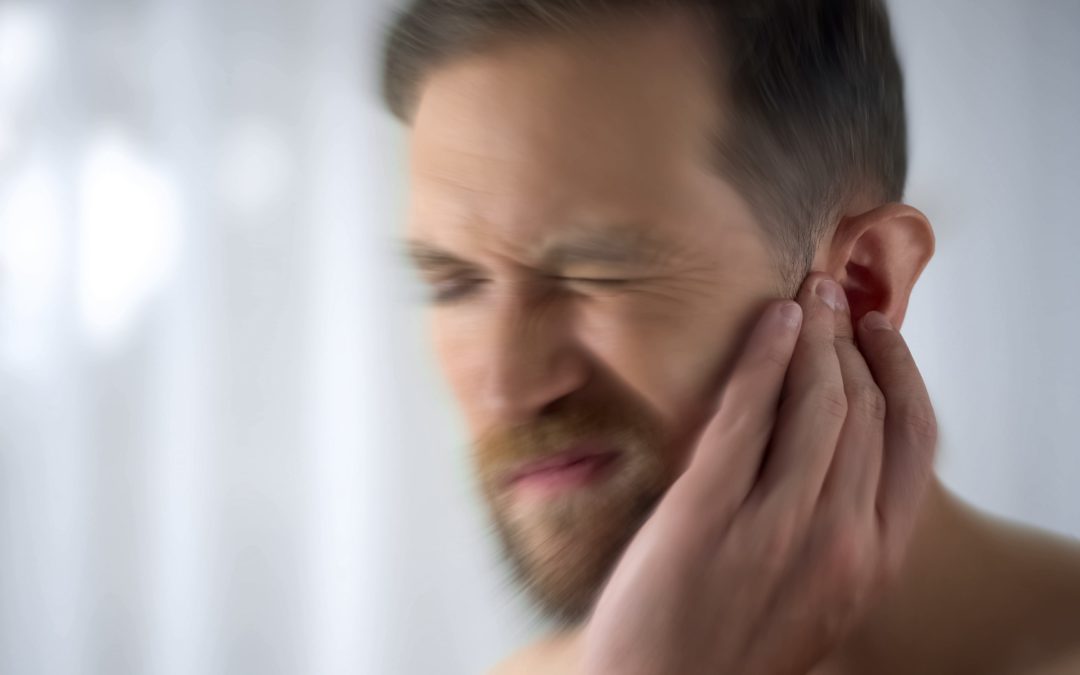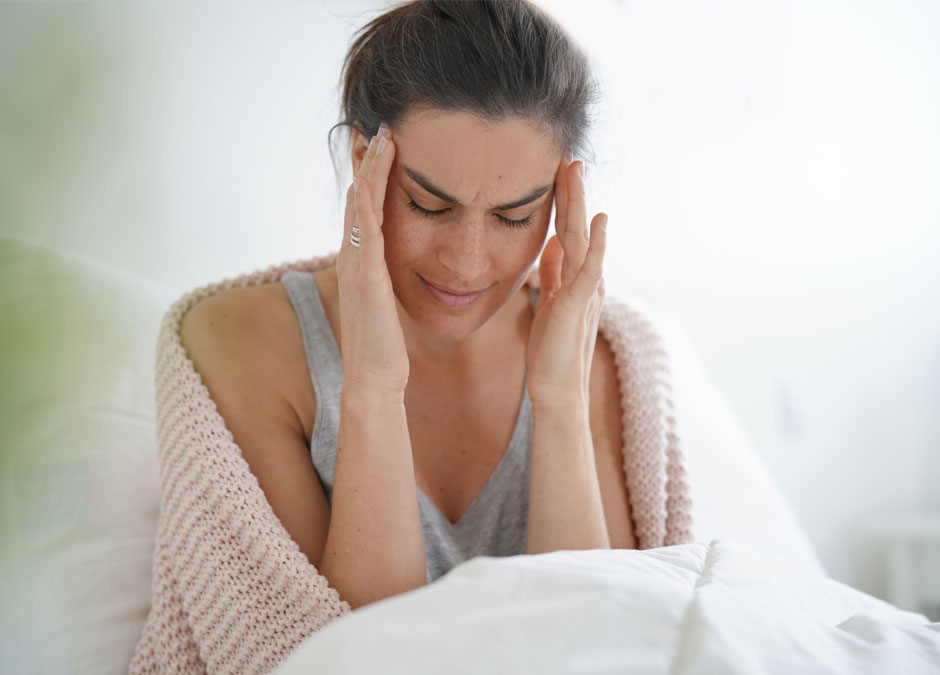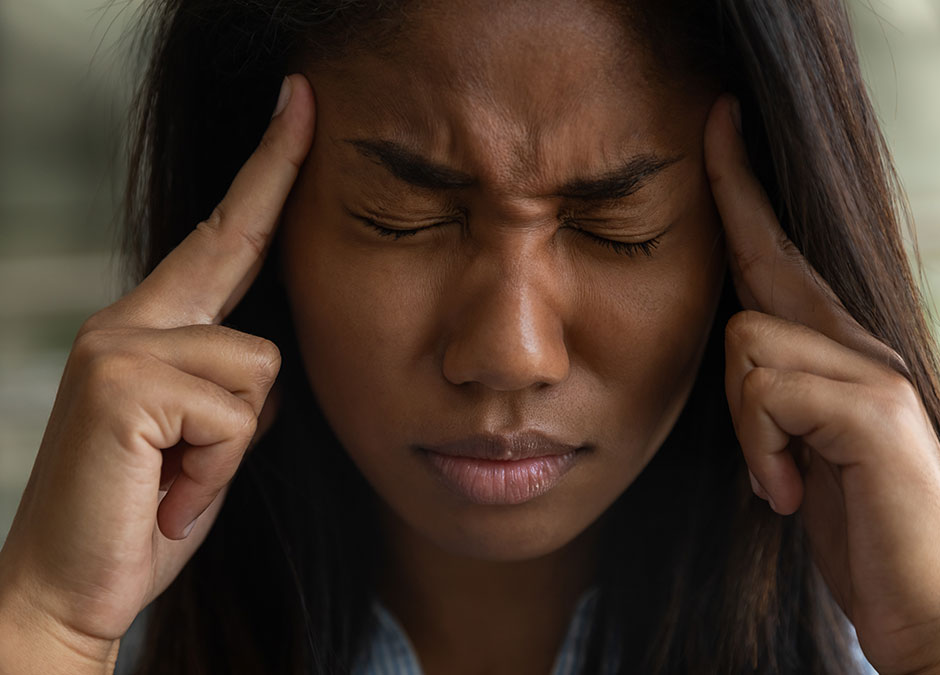You can get ear pain without an infection. This type of pain comes about when fluid and air accumulate behind the eardrum, which may induce feelings of discomfort and fullness. Hearing can also be impaired. This condition is known as otitis media with effusion (OME) or serous otitis media. When you have a cold, congestion might obstruct the eustachian tube, the passage that drains the middle ear, causing OME. OME can also arise as a result of a bacterial infection or nasal allergies in the middle ear. Here are several points you should know about infection-free ear pain.
Possible Causes
Infections aside, there are many possible causes of ear pain, including:
-
- Jaw pain or temporomandibular joint (TMJ) disorders
- Trauma
- Changes in pressure from activities like scuba diving or flying
- Tumor
- Improper cleaning of ear wax
Treatment and Recovery
The discomfort or pain comes and goes. When you chew or swallow, you may hear popping or clicking sounds. You may notice ringing in your ears and lose your sense of balance. It might take several weeks to many months for the fluid to drain on its own. If there is discomfort, oral pain medications and ear drops might help. Decongestants and antihistamines may also come in handy. Antibiotics are not required since there is no infection. Your medical provider may prescribe a nasal spray to help with the swelling of the nose and eustachian tube, which will improve ear drainage. If your OME does not improve after three months, surgery to remove the fluid may be required. In addition, a tiny tube may be inserted into the eardrum.
Home Care Tips
Here are some home-care tips to take note of:
-
- Unless medication has been prescribed, you may take over-the-counter pain relievers as advised by your medical provider. If you have a chronic kidney or liver condition, or if you have ever dealt with GI bleeding or stomach ulcers, see your doctor before taking any medications.
- Enquire with your medical provider regarding the usage of over-the-counter decongestants like pseudoephedrine or phenylephrine. They may not help.
- Discuss the use of nasal spray decongestants with your medical provider. They should not be used for more than three days unless otherwise instructed. Longer usage can exacerbate congestion. Prescription nasal sprays from your doctor typically have no such restrictions.
- Antihistamines may help if you are dealing with allergy symptoms.
- Medications like guaifenesin can help to thin mucus and speed up drainage.
- If you are under the age of 18 and have a fever, do not use aspirin as it may induce serious liver damage.
Seeking Medical Advice
Ear pain, especially if it is prolonged, may indicate more serious issues, and if left untreated, can lead to hearing loss and other complications. Seek treatment immediately if you encounter any of the following:
- Ear pain that worsens or seems to not be getting better
- High fever with a temperature 100.4°F (38°C) or higher, or as instructed by your medical provider
- Headache
- Sinus pain
- Stiff neck
- Blood or fluid draining from the ear
- Unusual confusion or drowsiness



